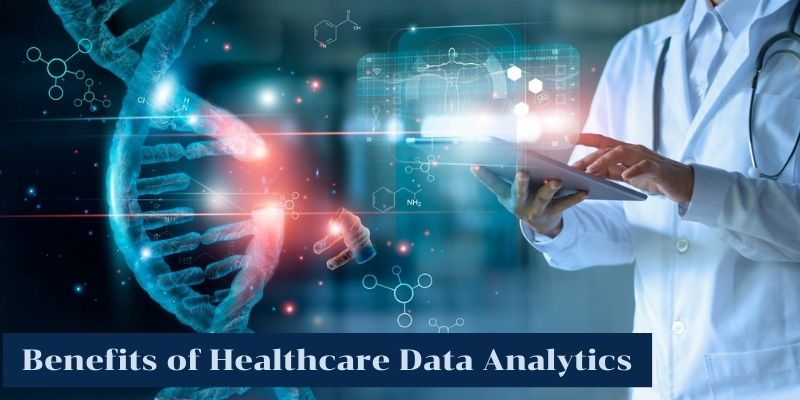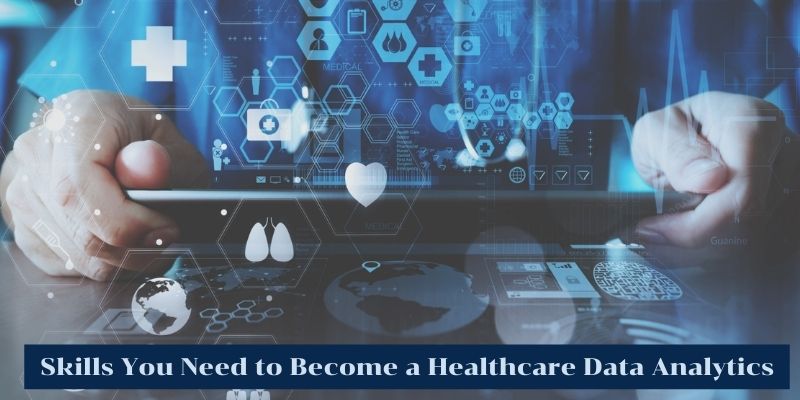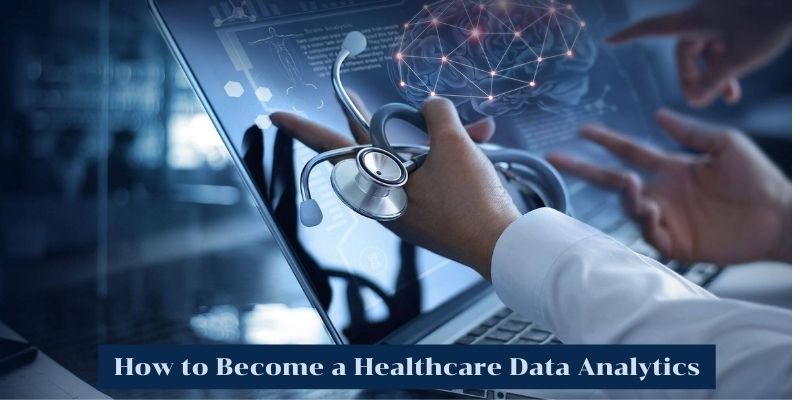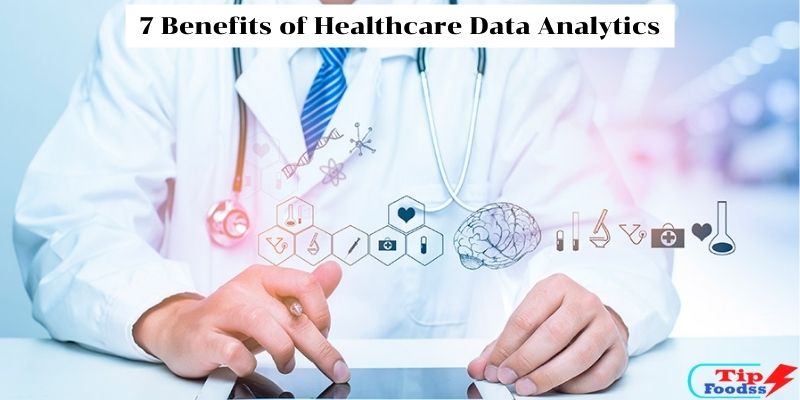7 Benefits of Healthcare Data Analytics
Alongside the digital revolution, the healthcare data analytics sector has been constantly evolving and implementing new systems and procedures. This suggests that in order to succeed in a dynamic business climate and offer patients top-notch care, clinical data management must be used. Healthcare data analytics, which uses data to make sure that businesses are better able to provide quality, efficacy, and care at fair pricing, is the consequence of the intersection of big data and healthcare. In this article, tipfoodss.com will discuss 7 benefits of healthcare data analytics.
Contents
What is Data Analytics in Healthcare?
Huge amounts of data are generated daily by the healthcare industry, which can be used to learn new things and greatly improve patient care. Healthcare data analytics, which draw on information from a variety of sources, help to enhance the efficiency of medical institutions. Healthcare data analytics’ main goals are to enhance patient care and expedite medical procedures.
Benefits of Healthcare Data Analytics

Healthcare data analytics is now essential to modern healthcare practices because of a renewed focus on patient care and increased operational effectiveness of healthcare organizations. Some of its advantages include:
- Providing detailed electronic health records
- Supporting clinical treatment decisions
- Delivering real-time alerts to healthcare providers
- Giving comprehensive information about a patient’s condition and care
- Improving the speed and accuracy of identifying disease risk in patients
- Integrating data from devices such as fitness watches, cellphones, etc
- Providing efficient healthcare and reducing costs
Examples of How to Use Healthcare Analytics
Here are a few techniques and settings where using healthcare data analytics could be beneficial:
1. Healthcare Fraud
Analytics in the healthcare industry can be used to spot and prevent healthcare fraud, lowering risks and improving security.
2. Data Security
Data about healthcare is essential. Therefore, it is essential to protect the data against security risks and breaches. To lessen these risks, healthcare data analytics monitors networks and detects dangers, anomalies, and suspicious activities.
3. Clinical Data Analysis
Healthcare data analytics can be used for diagnosing and improving clinical procedures by evaluating clinical data from multiple sources, such as electronic medical records and personal health records.
The Role of a Healthcare Data Analytics
The following are the typical duties of a healthcare analyst:
- Organizing and maintaining databases
- Transforming data into easily understood insights
- Collecting data through sources such as electronic health records, cost reports, etc
- Making suggestions and assisting with decision-making to enhance facility operations.
- Finding trends and pattern through data analysis
- Sharing key findings with stakeholders
- Implementing healthcare database security protocols
Skills You Need to Become a Healthcare Data Analytics

The two sectors that are now growing at the fastest rates are healthcare and data analytics. Therefore, it should not be surprising that acquiring the necessary skill set could lead to a rewarding and successful profession. The following are the abilities you need to build a rewarding career in the field:
Technical Competencies
- Knowledge of statistics and mathematics
- Proficiency in data wrangling, storage, and retrieval
- Familiarity with programming languages such as SQL
- An understanding of visualization tools like Sisense
- Knowledge of medical terminology
Soft Skills
- Communication
- Interpersonal skills
- Time management
How to Become a Healthcare Data Analytics
Step 1: Get the Required Education
Consider earning a degree in a relevant field; it can give you the necessary training and knowledge to succeed in the position.
Step 2: Gain Hands-on Experience and Technical Skills
Through internships or employment in other positions that are similar, you can acquire practical experience. A wonderful approach to learn and develop new talents is by gaining experience in the field.
Step 3: Consider Online Courses and Bootcamps
Think about enrolling in an online course that will assist you in earning the qualifications required to work as a healthcare data analyst.

Step 4: Work on Real Data Projects and Expand Your Portfolio
The best way to show off your technical prowess and subject-matter experience is with a project portfolio. For your projects, you can use publically accessible data, or you can think about enrolling in an online course to learn how to work on such projects and develop your portfolio.
Step 5: Build Your Healthcare Knowledge
Data is used by healthcare data analysts to offer analysis and recommendations. Therefore, it is crucial to comprehend healthcare. Consider enrolling in a healthcare course if you don’t have any experience in the industry.
Step 6: Connect with Others in the Industry
Making connections with others in the healthcare data analytics industry might help you learn more and advance your knowledge. Industry peers can offer and share opinions, answer questions, and assist you progress your career.
Step 7: Ask Someone to Mentor You
Make a connection with a professional who can guide your career and provide meaningful critique. Your career can be significantly impacted by an excellent mentor.
Step 8: Apply for Entry-Level Jobs
You can start looking for entry-level jobs if you’ve improved your abilities and increased your knowledge.



